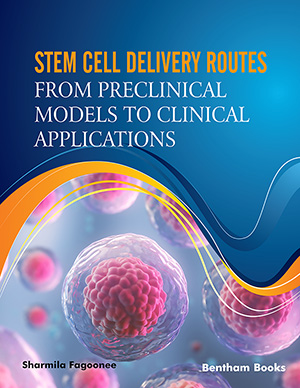Abstract
The preclinical successes of MSC-based therapy are not equalled in the clinical setting. Moreover, the translational advances of cell-based therapy are hindered by a plethora of factors that result in the heterogeneity of the clinical outcomes. Decades of research and development of MSC-based therapy have shown that transferring MSCs from bench to bedside is possible, but few clinical studies have reported favourable results. Rigorous control over MSC manufacturing steps, clarifying the mechanisms of action in each organ and disease, and the control of cell quality, as well as in-patient fate, are areas where much improvement is needed. Due to these critical points, stem cell medical tourism is not recommended. Especially, lack of patient protection, the use of MSC preparations with insufficient evidence of safety and efficacy are among factors that may lead to deterioration of health conditions. MSCbased interventions backed by preclinical studies and clinical trials showing feasibility and safety are clearly important before routine treatment with stem cells can be envisaged. Helped by artificial intelligence, data generated by high throughput technologies can be gathered and interpreted in order to increase patient-tailored lifesaving therapeutic efficacy of MSCs and MSC-based product such as extracellular vesicles.
Keywords: Artificial intelligence, Bioengineering, Clinical outcome, COVID-19, Drug development, EV engineering, Extracellular vesicles, High throughput technology, Mesenchymal stromal/stem cells, MSC administration, MSC-based therapy, MSC delivery routes, Patient-tailored treatment, Secretome, Stem cell clinics.






















